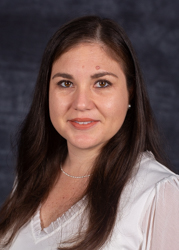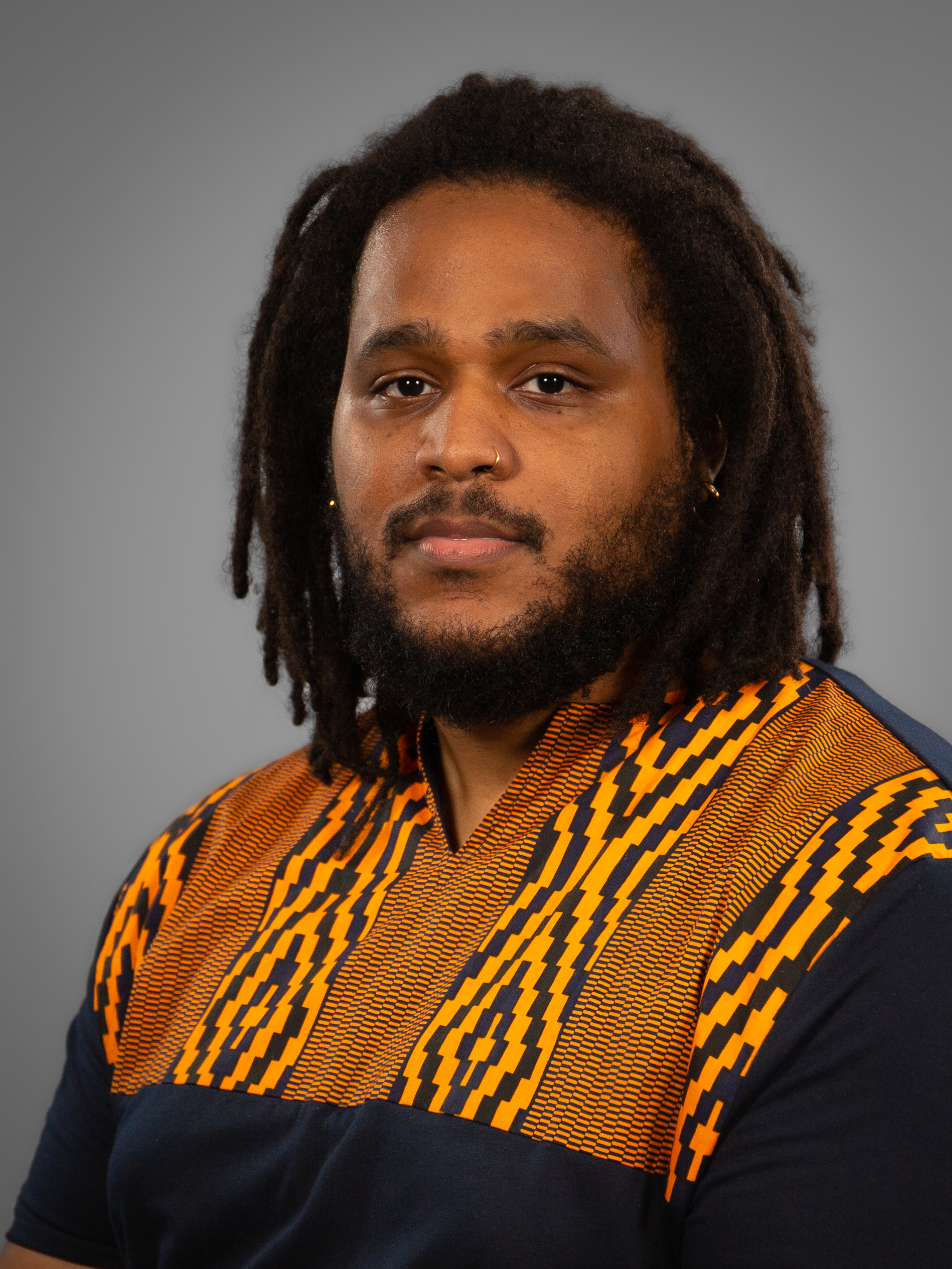Webinar series for prospective students
Upcoming sessions
- Wednesday, July 24 – 12:00 pm (CST)
- Tuesday, August 20 — 4:00 p.m. (CST)
Hosted by Dr. Christine Stanley - Monday, September 9 — 1:00 p.m. (CST)
Hosted by Dr. Vincente Lechuga
Meeting ID: 947 5010 0813
Passcode: saahe
Admissions Deadlines
- Summer/Fall: December 1
- Spring: September 1
The application submission deadline for the Master’s and Doctorate degrees is December 1 for Summer or Fall semester. Candidates will be required to come to campus for an interview with faculty, if necessary. All admission decisions will be made by mid-March.
Application submission deadline for the Masters degree is September 1for Spring semester. Admission decisions will made late September/early October.
To be admitted to a graduate program, you must apply to the EAHR department and Texas A&M University.
How to applyProgram Details
The 42-hour master’s program prepares students to enter a mid-level management position at the college or university level. The masters in higher education is particularly appropriate for people already working in higher education who want more career flexibility or wish to advance in the field. Flexibility in course requirements allows students to explore different career areas within higher education. Coursework includes 27 hours of required coursework and 15 hours of electives, based on the student’s support field and specialization areas. Electives must be approved by the program chair.
The department also offers a master’s program in Student Affairs Administration in Higher Education (SAAHE), which is specifically designed for individuals interested in working more closely with college students.
Tuition calculatorDegree Plan
The higher education masters houses required courses that are seminal to any career in the field of higher education:
- Higher Education Law,
- Finance,
- Administration,
- Foundations of Education,
- The College Student, and
- A Practicum.
In addition to these 21 credit hours of required coursework, students must take 6 hours of elective coursework within the program, and 15 hours of elective coursework approved by their faculty advisor.
Electives are courses at the university that fit the students’ scholarly interest and professional goals. Students can tailor their electives to topics like social justice, access and equity, finance and policy or student affairs. Some electives must be taken from outside the department as a support field. This is a coordinated set of courses from another program which add to the breadth and depth of the student’s knowledge.
A practicum experience in higher education is required as part of the elective curriculum. This practicum can be a great way to try a new career area or strengthen skills. History shows that professional experience either through employment or practicum experiences are essential for success after graduation. Students with less professional experience may elect to do a second practicum, whereas those with extensive professional experience in higher education may waive the practicum with the approval of their committee chair.
M.S. Degree Plan
Degree: Master of Science in Educational Administration
Emphasis: Higher Education Administration
Degrees Offered: Master of Science
Credit Hours: Traditional (42 hours)
Tuition and Fees
For a better understanding of your total cost of attendance (COA), please visit our cost and tuition rates webpage (https://aggie.tamu.edu/billing-and-payments/cost-and-tuition-rates). This webpage will provide you with an opportunity to review estimated COA information for undergraduate, graduate and professional students, as well as other resources such as the tuition calculator and billing and fee explanations.
Frequently Asked Questions
What is the difference between the Higher Education Administration and SAAHE programs?
The general Higher Ed program is geared toward professionals working in the field who want to pursue a master’s degree. The majority of the students are part-time students working full-time in higher education. With flexibility in the degree program design, students can customize their classes based on their interests. Students are only required to do one internship/practicum; however, this can be waived based on existing experience. Elective courses are selected with an advisor to form a cohesive program that fits the student’s interests and goals.
The SAAHE program is designed for students who know they want to work in student affairs administration within higher education. The program is cohort-based, and the majority of the students are full-time students holding graduate assistantships across campus. The curriculum is very structured with only two electives in the program. Students must do two practicum experiences with student affairs units in the university. As cohorts, students tend to take their coursework in a structured order with the same classmates.
Prospective students who know they want to work in student affairs, should pursue the SAAHE program. Students with more professional experience or who need more flexibility in their coursework and schedule should pursue the higher education program.
What is the minimum GPA required for admittance?
We do not have a minimum GPA.
While scores matter, we look for a combination of strengths from professional experience, understanding of the field, vision for their career as well as grade point average. We look at GPA from the 60 credit hours of upper-level coursework (not first year courses). For many students, this GPA is higher. Students are also invited to explain a bad semester or bad start in their personal statement.
Put together the best case for you in your application. For the master’s in higher education, professional experience in the field is considered in the application process.
Do you require GRE scores?
No, we do not require GRE scores.
Can I study full-time or part-time?
Most of the students in the masters in higher education are studying part-time while working full-time in higher education. When working full-time, students often take three years to complete the master’s degree.
Students are also welcome to study full-time. If studying full-time, they are encouraged to pursue a graduate assistantship or multiple practicums to assure they are competitive at graduation.
My undergraduate degree is not in education. Can I still apply?
Yes.
Many of our students come to higher education through their extracurricular experience as an undergraduate or through securing a job in higher education and a desire to make it a career. We have and welcome students with bachelor’s degrees in psychology, business, special education, marketing, communications, and a variety of other fields.
Can you guide me through the application process?
Completed Application
- A completed Texas A&M University GraduateCAS application.
- The name on your application must match your name as it appears in your passport.
- Application fee: A non-refundable $89 application fee for domestic applicants and $114 application fee for international applicants. The application fee may be paid by check, money order or approved credit card. Applicants who wish to pay by credit card may do so as part of the online application. If you are unable to pay the fee online, you may call the Graduate Admissions Office at 979-845-1060.
- Official transcripts and records: Submit official transcripts from all colleges or universities attended.
Note: You do not need to submit an official transcript from Texas A&M University. Learn more about submitting official transcripts.
How to Apply:
What are the typical program costs?
Check out the cost of attendance estimator.
Please note, you must update the program hours.
For a better understanding of your total cost of attendance (COA), please visit our cost and tuition rates webpage (https://aggie.tamu.edu/billing-and-payments/cost-and-tuition-rates). This webpage will provide you with an opportunity to review estimated COA information for undergraduate, graduate and professional students, as well as other resources such as the tuition calculator and billing and fee explanations.
What do I need to include in my Statement of Purpose?
Admissions committee members look for the right fit between what the applicant wants from a graduate program, and what we offer.
In the personal statement, applicants are encouraged to clearly state and connect their background or current work, as well as their future career plans to the degree they are seeking.
Contact Advisors

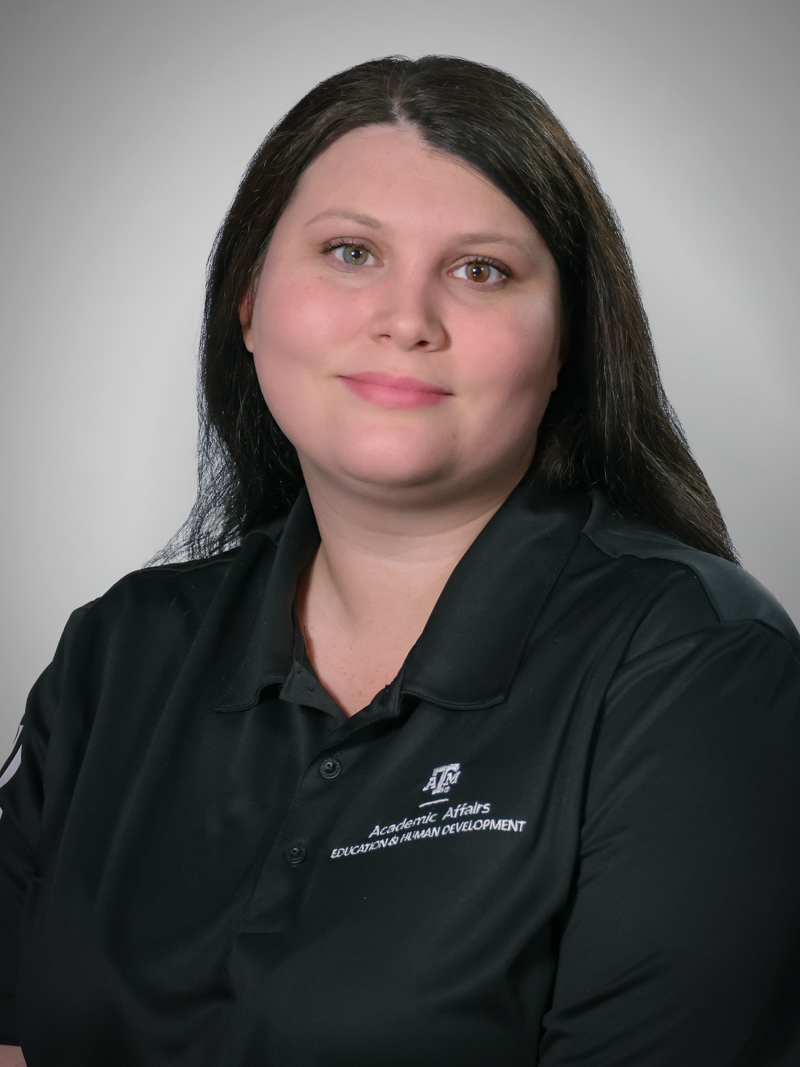
Faculty
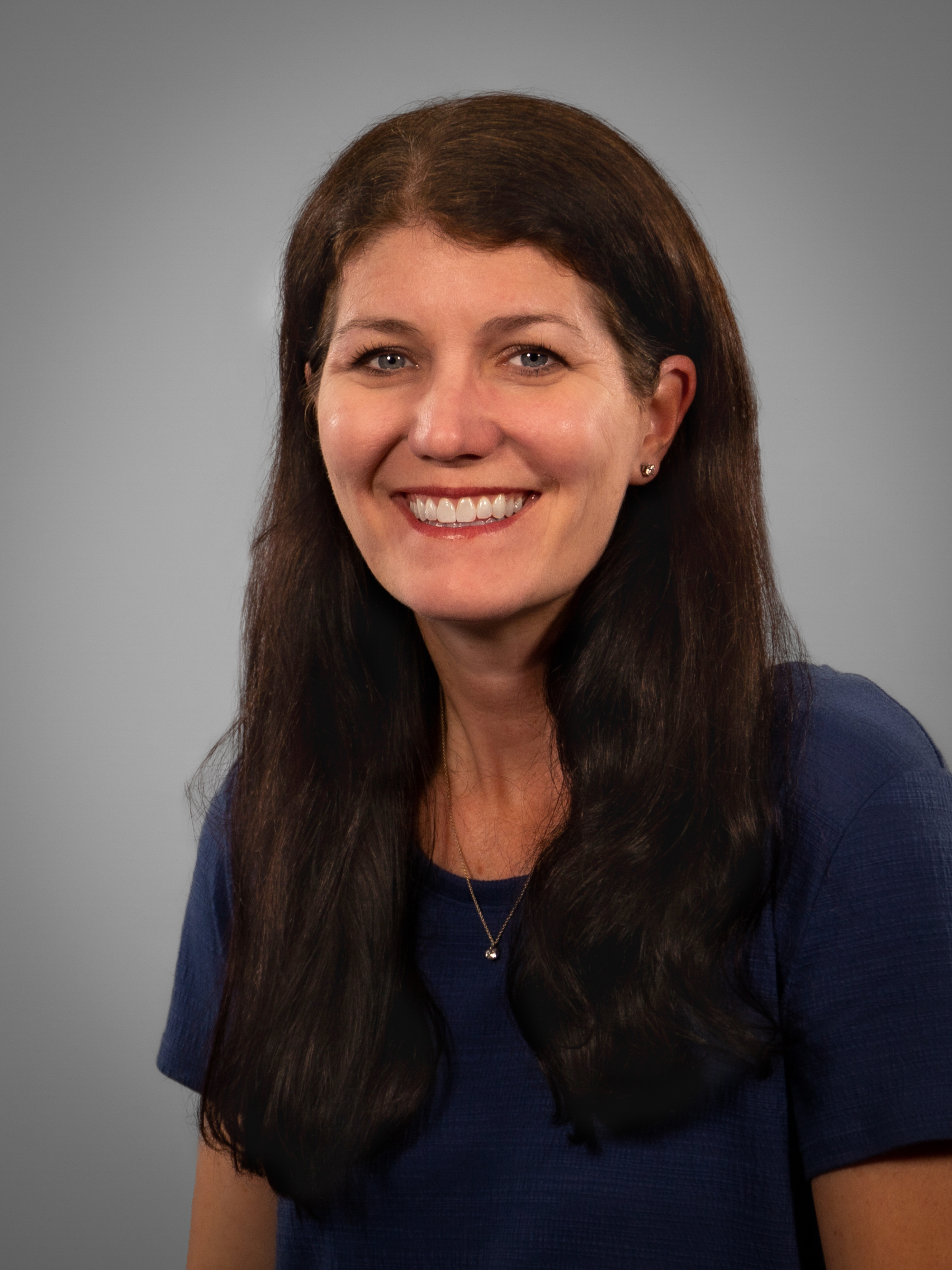

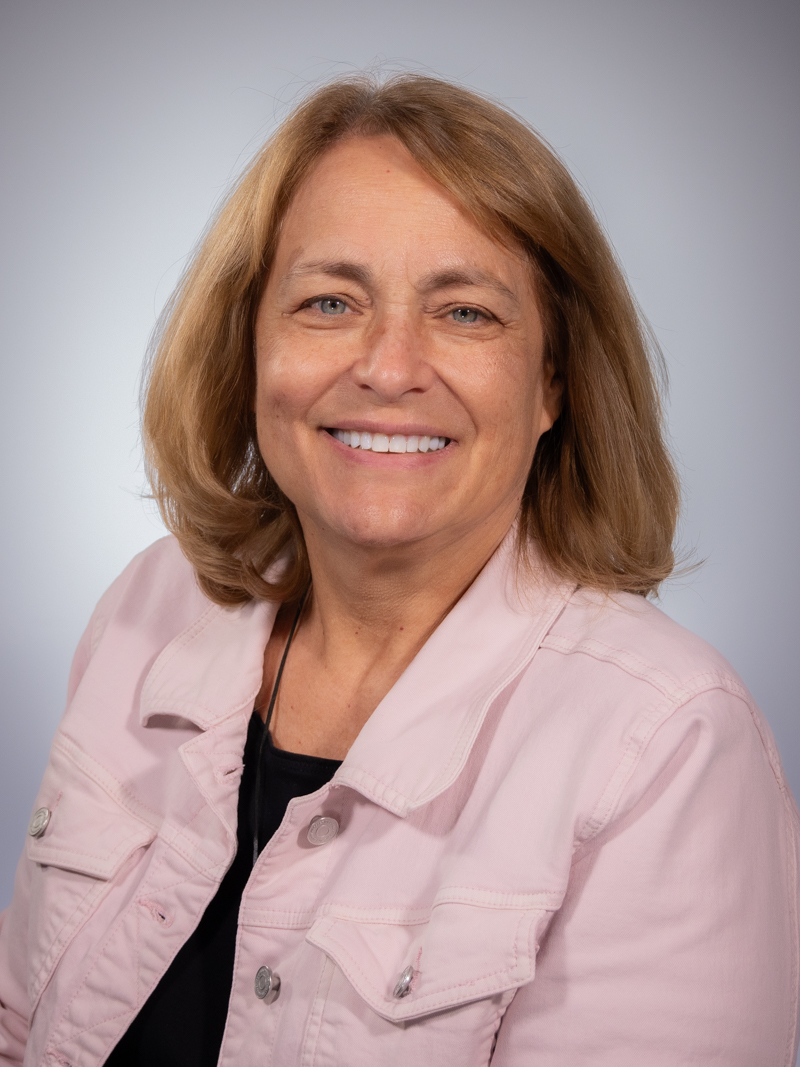
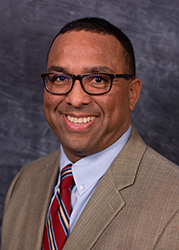




Jerry M. Brown
Managing Counsel, Student Affairs & Special Projects in the Office of General Counsel
